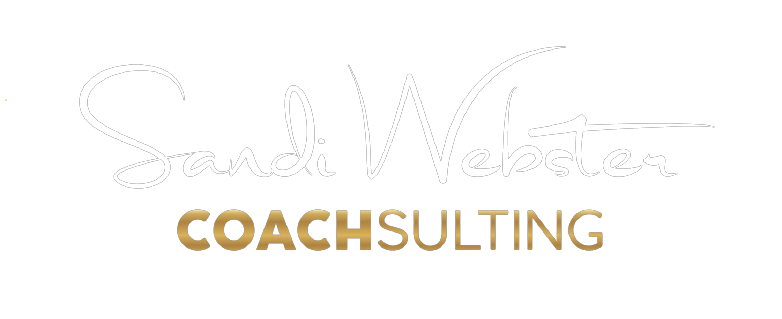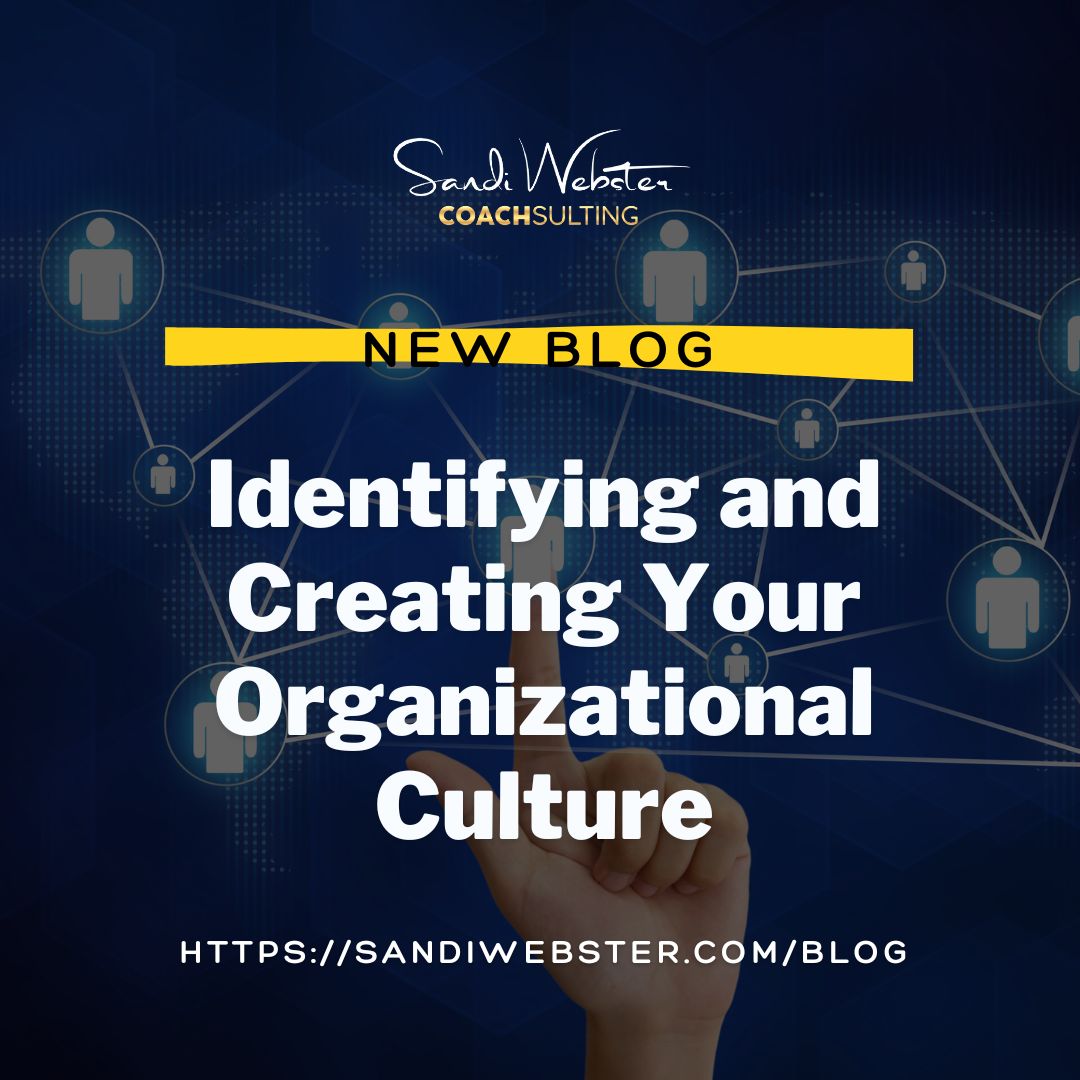Identifying and Creating Your Organizational Culture
Whether you are a large corporation or a small two-person shop, businesses develop a culture that is usually their own or stolen from someone in the industry – and, yes, industries have culture too!

If I say “financial services,” you might say “greed.” If I say “retail,” you might say “low-paying.”
Here are eight typologies in The Leader’s Guide to Corporate Culture by authors Boris Groysberg, Jeremiah Lee, Jesse Price and J. Yo-Jud Cheng.
- Caring: Warm, sincere and relational, with an emphasis on mutual trust. Employees are united by loyalty; leaders emphasize teamwork and positive relationships.
- Purpose: Idealistic and tolerant, a focus on doing good for the long-term future of the world. Sustainability and global community are core values.
- Learning: Open, inventive, and exploring, characterized by curiosity and creativity. Leaders place a high value on sparking new ideas and exploring alternatives.
- Enjoyment: Playful, instinctive, fun-loving, and light-hearted. Leaders emphasize spontaneity and a sense of humor.
- Results: Achievement-driven, goal-focused, with an emphasis on winning. Workplaces are outcome-oriented and merit-based; employees focus on capability and success.
- Authority: Bold and decisive, emphasizing competition and personal advantage. Leaders place a high value on confidence and dominance.
- Safety: Realistic, careful, and cautious. Employees value feeling protected and being able to anticipate change; leaders emphasize planning.
- Order: Rule-abiding, respectful, and cooperative, with an emphasis on shared norms. Employees seek to play by the rules and fit in; leaders focus on shared procedures and time-honored customs.
Can you identify the culture in your organization? Would your employees pick the same cultural style?
I believe that culture can change within the company depending on where they are in its lifecycle. For example, the “fun” tolerance level in startup companies is high. They tend to want the work atmosphere to be a place where workers can have fun and want to be there with their colleagues.
Workers are challenging to hire, retain and promote. Salaries, if any, are lower than comparable organizations, so the Enjoyment culture is a blend with Results as they push to make a profit or prove themselves in a new playing field.
Regardless of the culture, organizations need to be more cohesive. You can take an Organizational Culture Assessment Instrument (OCAI) to assess your organization’s culture.


